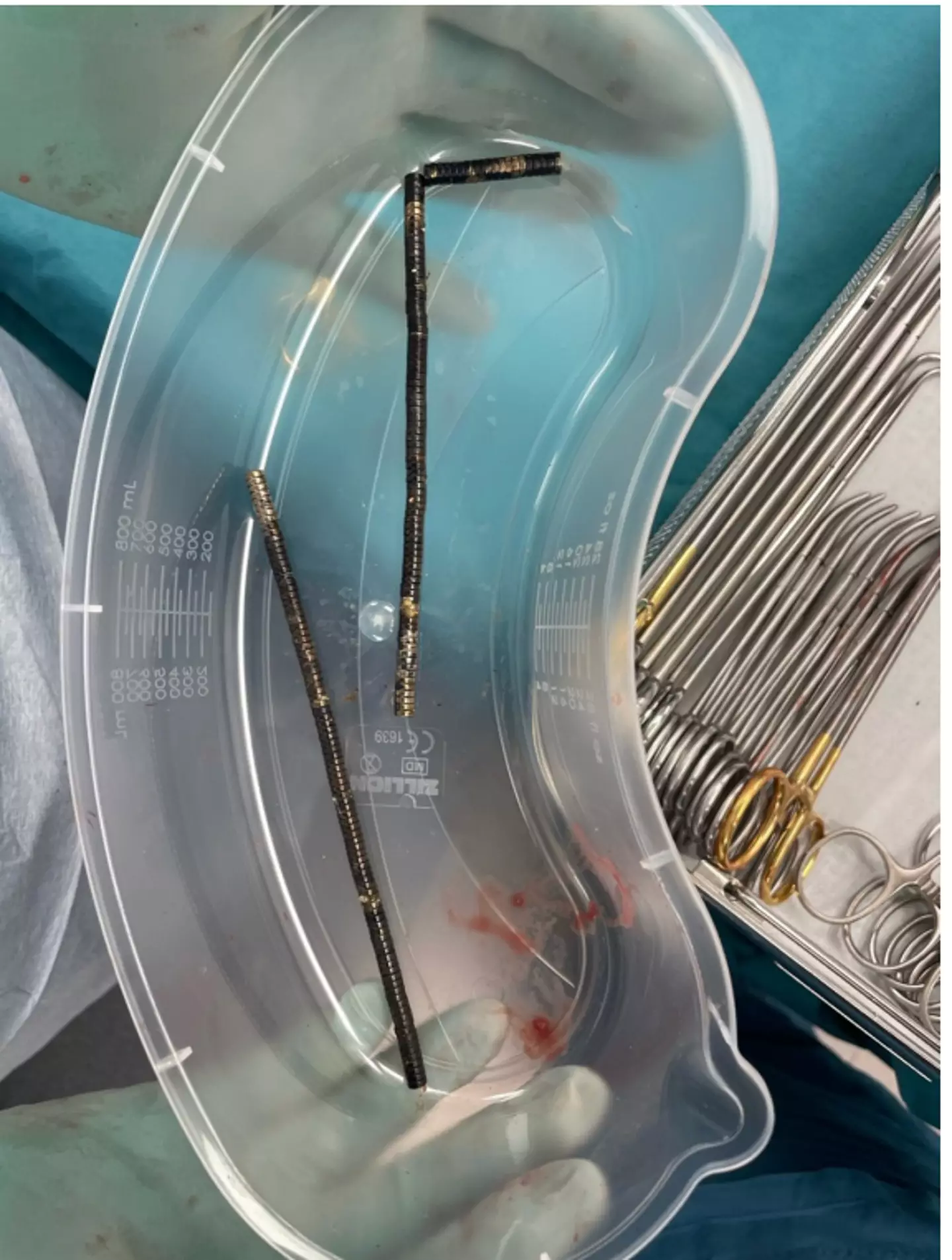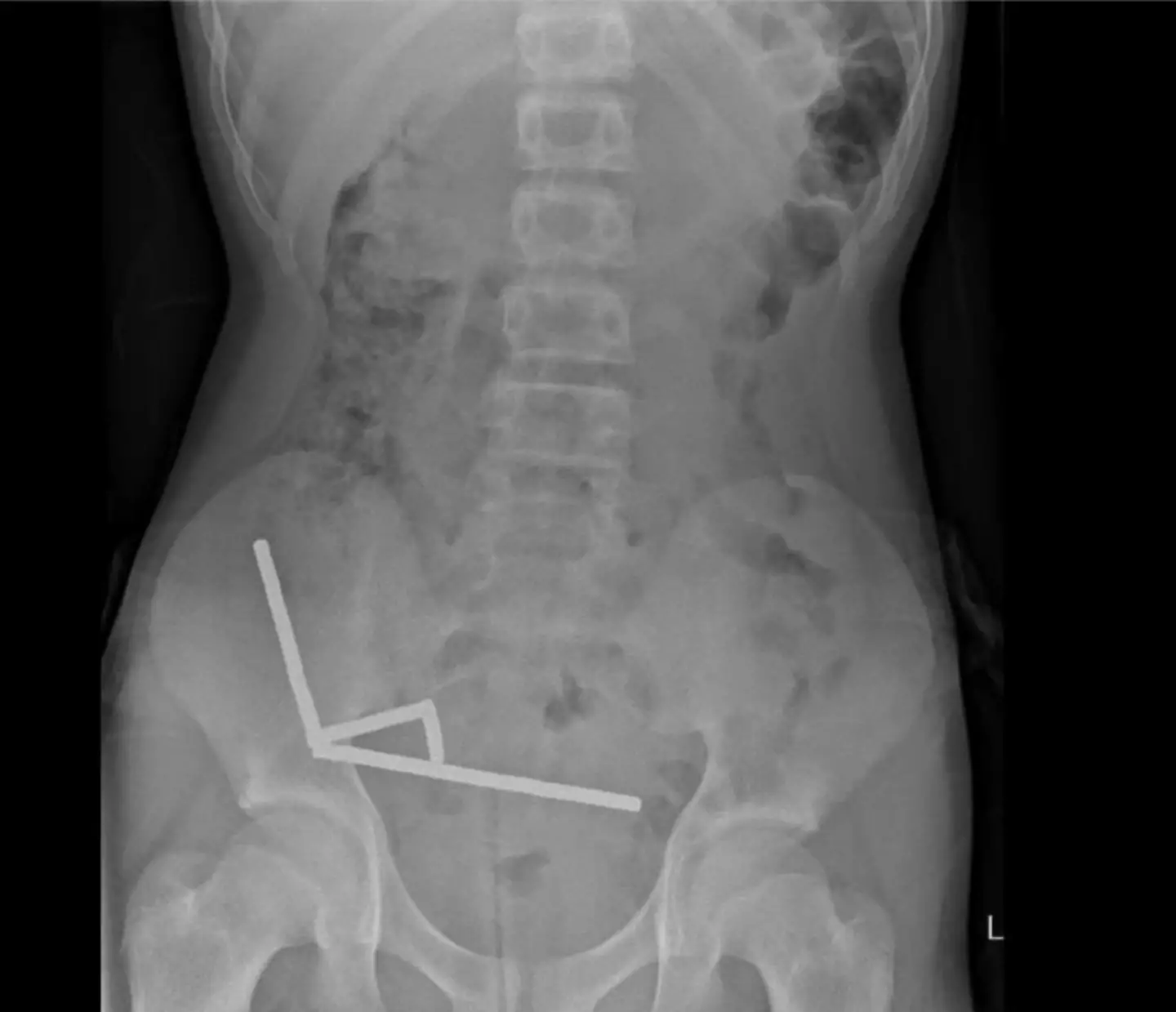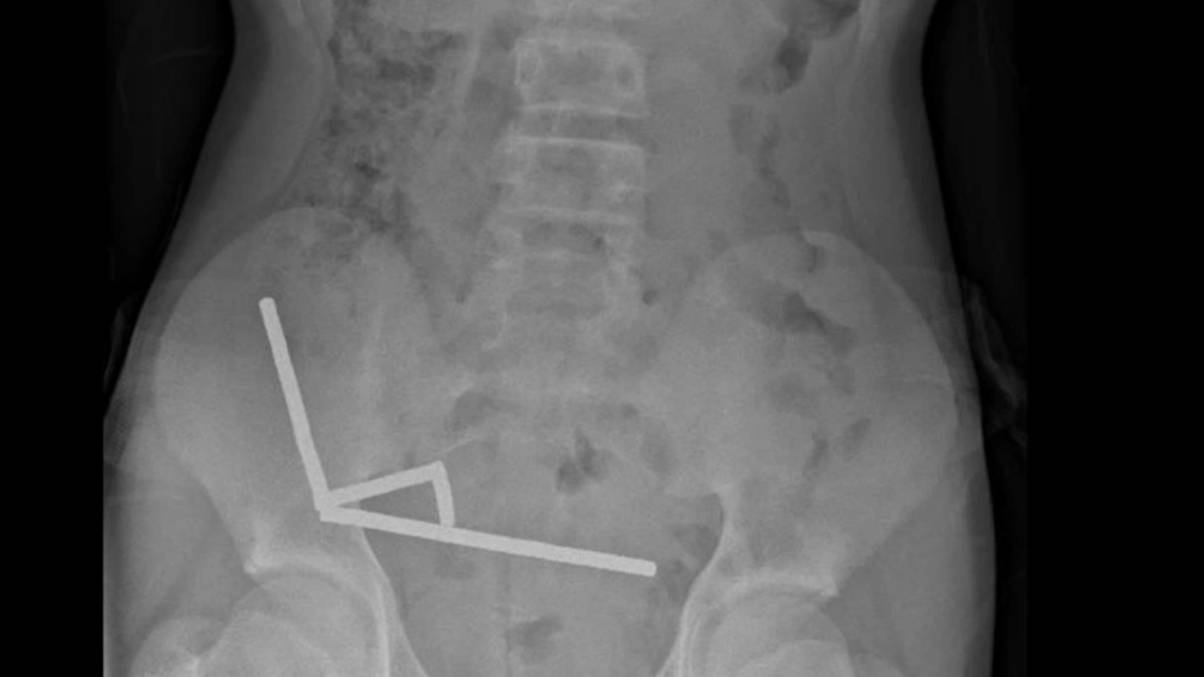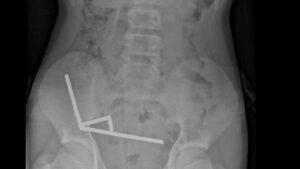Teen’s Shocking Magnetic Mishap: How Swallowing 100 Magnets Led to Life-Threatening Surgery
Ever wonder what it takes to really stick to your gut feeling? Well, a 13-year-old from New Zealand took that quite literally—by swallowing over 100 high-powered magnets. Yeah, you read that right, magnets! Surgeons at Tauranga Hospital were floored when they discovered their young patient’s stomach pain wasn’t just a case of indigestion but a magnetic mystery winding through his intestines. After four days of agony and a confession that these neodymium magnets were bought online from Temu, doctors had to perform emergency surgery, removing part of his bowel to save him. It’s a stark reminder that while online shopping can bring the world to your doorstep, some deliveries… shouldn’t ever hit your insides. Curious about the full magnetic tale and its shocking medical implications? LEARN MORE.
Surgeons were stunned to discover that the source of a teenage patient’s stomach pain was the more than 100 high-power magnets he had swallowed.
As a result, doctors at New Zealand’s Tauranga Hospital were forced to remove part of the 13-year-old’s intestine during an emergency procedure.
According to a report published in the New Zealand Medical Journal, the young lad suffered four days of abdominal pain before seeking professional help.
He then confessed that he had ingested between 80 and 100 neodymium magnets about a week earlier. The lad told medics that he had purchased them from the online shopping platform, Temu.
X-rays then revealed that the magnets – which have been banned in New Zealand since 2013 – were connected in ‘four linear chains’ inside his intestines.

Medics removed somewhere between 80 and 100 of the high-powered magnets from the lad (New Zealand Medical Journal)
The doctors behind the report, Binura Lekamalage, Lucinda Duncan-Were and Nicola Davis, wrote: “These appeared to be in separate parts of bowel adhered together due to magnetic forces.”
“Intraoperative findings were of several chains of magnets at different segments of small bowel and caecum,” it continued. “These were adhered at multiple points in the right lower quadrant causing pressure necrosis.”
This essentially means that the prolonged pressure exerted by the magnets had restricted blood flow and oxygen to the area, causing the tissue to die.
Medics then rushed the teenager into emergency surgery to retrieve the magnets, while also removing sections of his bowel which were damaged.
“This case highlights not only the dangers of magnet ingestion but also the dangers of the online marketplace for our paediatric population,” the doctors said.
“Despite current product safety laws in New Zealand, there is alarming difficulty in enforcing regulations on products purchased from overseas online marketplaces, which remains a serious concern.”

The 13-year-old complained of severe stomach pain before undergoing surgery (New Zealand Medical Journal)
The experts warned that online marketplaces are ‘difficult to regulate’, adding: “These platforms are easily accessible especially by children, with purchases being inexpensive and not always requiring age verification.”
Temu said it had launched an investigation into the incident in a statement shared with the New York Post, as they said: “We are sorry to learn about the reported incident and wish the boy a full and speedy recovery.
“At this stage, we have not been able to confirm whether the magnets involved were purchased through Temu or identify the specific product listing.
“Our teams are reviewing relevant listings to ensure full compliance with local safety requirements.
“Any products found to be non-compliant will be removed, and we will take firm action against any sellers found to have breached our platform rules or local regulations.”
Medics said that ingesting powerful magnets can ‘have serious consequences’, such as pressure necrosis, perforation, obstruction, fistula and sepsis.
“Given the majority are managed with surgical intervention, this can lead to further complications later in life including adhesional bowel obstruction, abdominal hernia and chronic pain,” the report added.
LADbible Group has contacted Temu for further comment.




















Post Comment